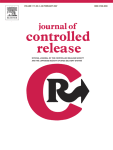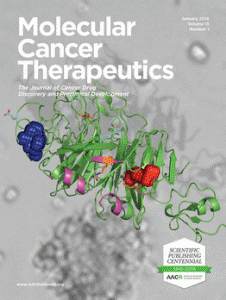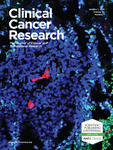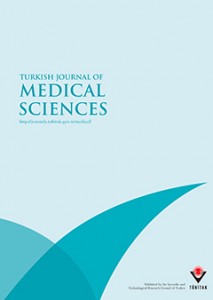
A journal is Journals are retracting three papers after a biomaterials researcher duplicated his own work, sometimes using the same figures to describe different experiments.
Two of the papers are on bone regeneration; one is about targeting tumors. In addition to issues with figures, two one of the retraction notes explain that the papers contain “widespread plagiarism of text” from other papers by the researcher, Hossein Hosseinkhani.
Hosseinkhani is currently affiliated with the National Taiwan University of Science and Technology; when he did the work in the now retracted papers, published in 2004 and 2007, he was based at Kyoto University Hospital and then National Institute for Materials Science in Japan.
The Journal of Controlled Release published all three two of the papers. Here’s the retraction note for “Bone regeneration through controlled release of bone morphogenetic protein-2 from 3-D tissue engineered nano-scaffold,” which has been cited 118 times, according to Thomson Scientific’s Web of Knowledge.
Continue reading Journals retracts three bone papers for duplication by same author







